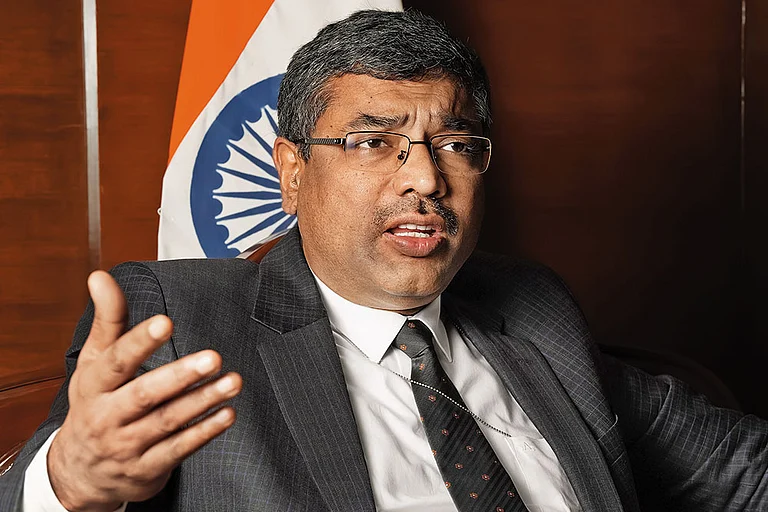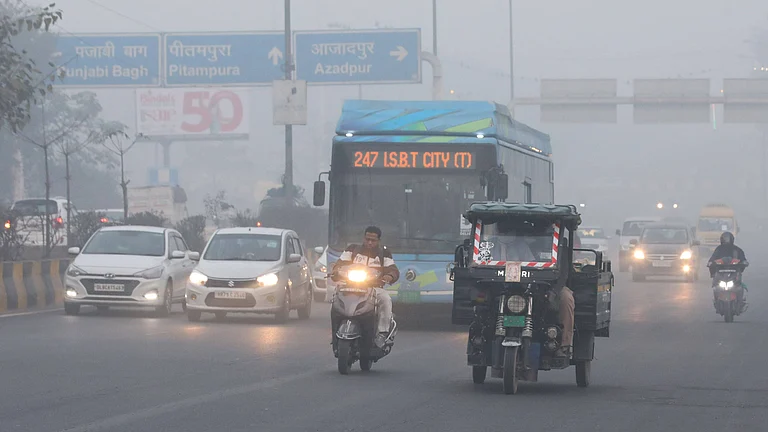Experts point out that India needs sovereign AI infrastructure, including India-owned cloud storage, compute power, and training datasets, to avoid reliance on foreign tech firms for AI model development and deployment.
Even as India has been increasing its focus on AI, the country must focus on developing it’s own AI infrastructure so that it doesn’t have to rely on western countries, said industry leaders in New Delhi.
The goal is to create a sovereign AI framework that balances innovation and regulation, supports startups in AI-driven solutions, and develops indigenous AI IPs that serve both business and national interests, said industry leaders while speaking at the Confederation of Indian Industry (CII) event that was held in New Delhi.
“India must focus on building its own sovereign cloud and capacity, fostering AI startups, and creating public use cases that generate long-term intellectual property for both national and business growth,” said Rohit Chauhan, India Head, Corporate Affairs, Tata Consultancy Services.
Chauhan further highlighted that the country has the opportunity to lead in terms of responsible AI. He added that while guardrails are necessary, India must focus on accelerating progress by identifying viable business use cases for AI.
“Based on TCS’s experience, 90% of AI use cases are not financially viable for clients. AI should be seen as an augmentation tool within an integrated technological framework, tailored to India-centric challenges—much like the success of DPI,” he added.
Experts also pointed out that the India AI Mission has already invited proposals from the government for developing local LLNs, which can be accessed on their website. This is a crucial step toward localization.
The threat of relying on foreign LLM models as per experts is the biases that exist in them and that’s where local LLMs become more crucial.
“Efforts like Bharat LLM and Bharat GPT aim to address these issues by developing localized datasets. The initiative began with five major Indian language groups, focusing on data collection and similarity analysis to create more contextually relevant AI models,” said Rishi Mohan Bhatnagar, Co-founder, AA2IT which advices Bharat GPT.
AI and Employment
An age-old debate has been that AI will replace human jobs and that’s where upskilling becomes critical.
“Like any technology, AI evolves through different phases. While concerns about employment and red flags exist, the reality is that the transition is gradual. We are investing heavily in reskilling programs to keep pace with these changes. Regardless of one's role, adaptation is key. For instance, in TCS, with a workforce of over 600,000, reskilling is a continuous effort to ensure readiness for the evolving landscape,” said Chauhan.
While emphasising the need for urgent dialogues with regard to upskilling, some pointed out that the country needs to do more. “There is still a lot of ground to cover in reskilling efforts. I am not too encouraged by the progress in this area, but more urgent dialogue is needed. I believe we can do better,” said Kishore Balaji, Executive Director, Government Affairs, IBM. This comes at a time when the AI skill gap is prominent in India. As per Nasscom, there is a 51 per cent imbalance between the supply and demand for AI skills.
































